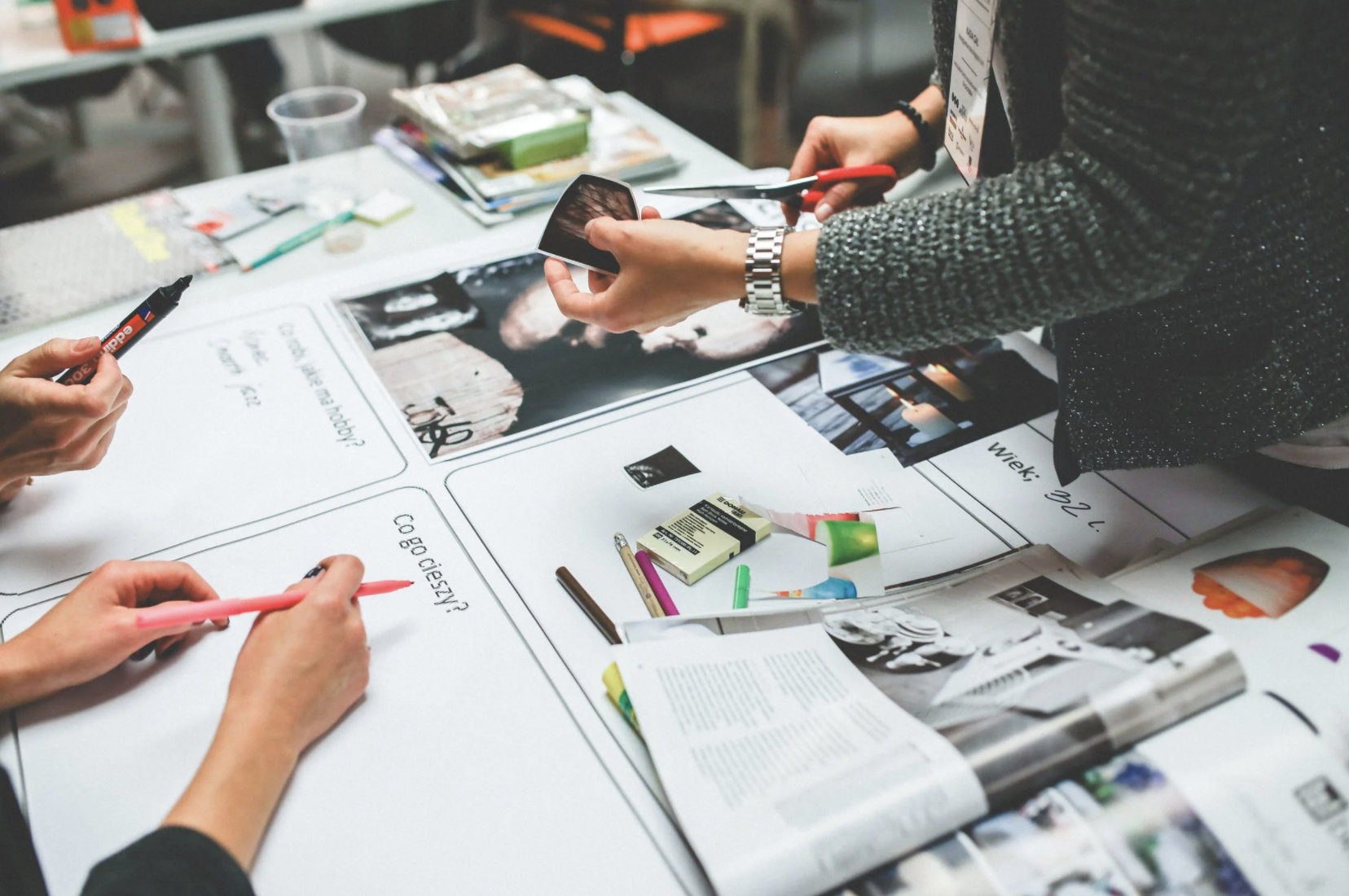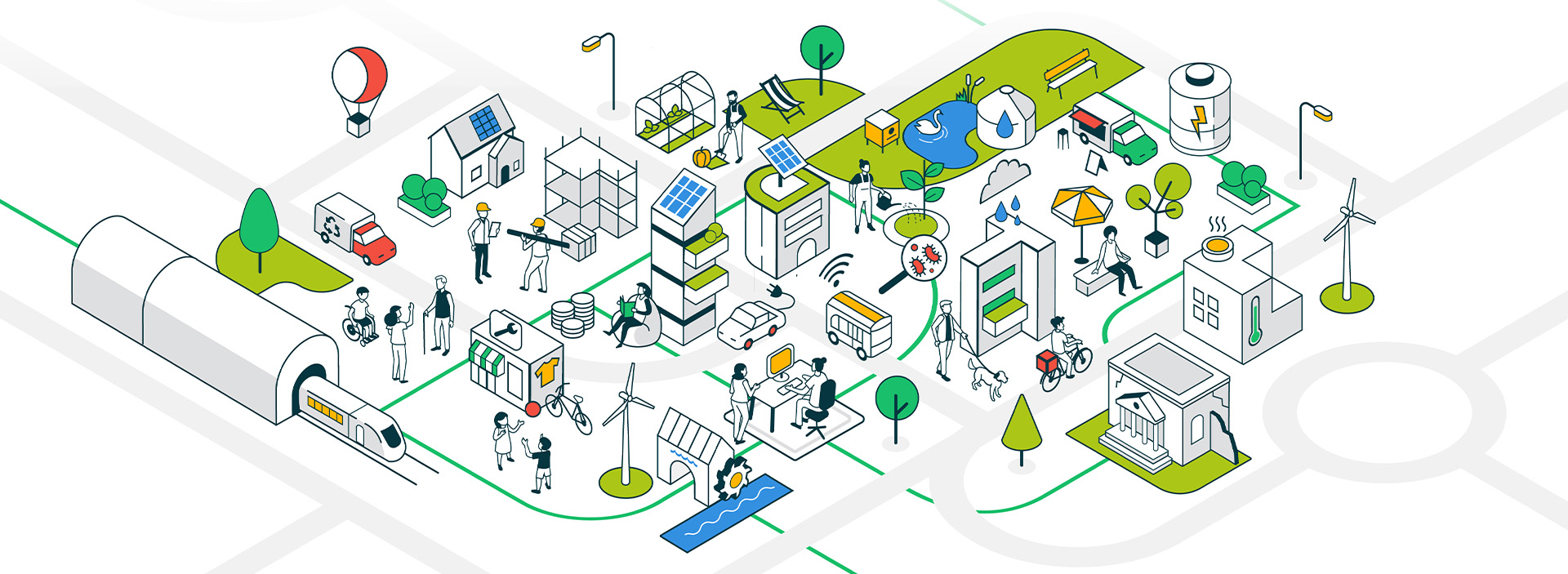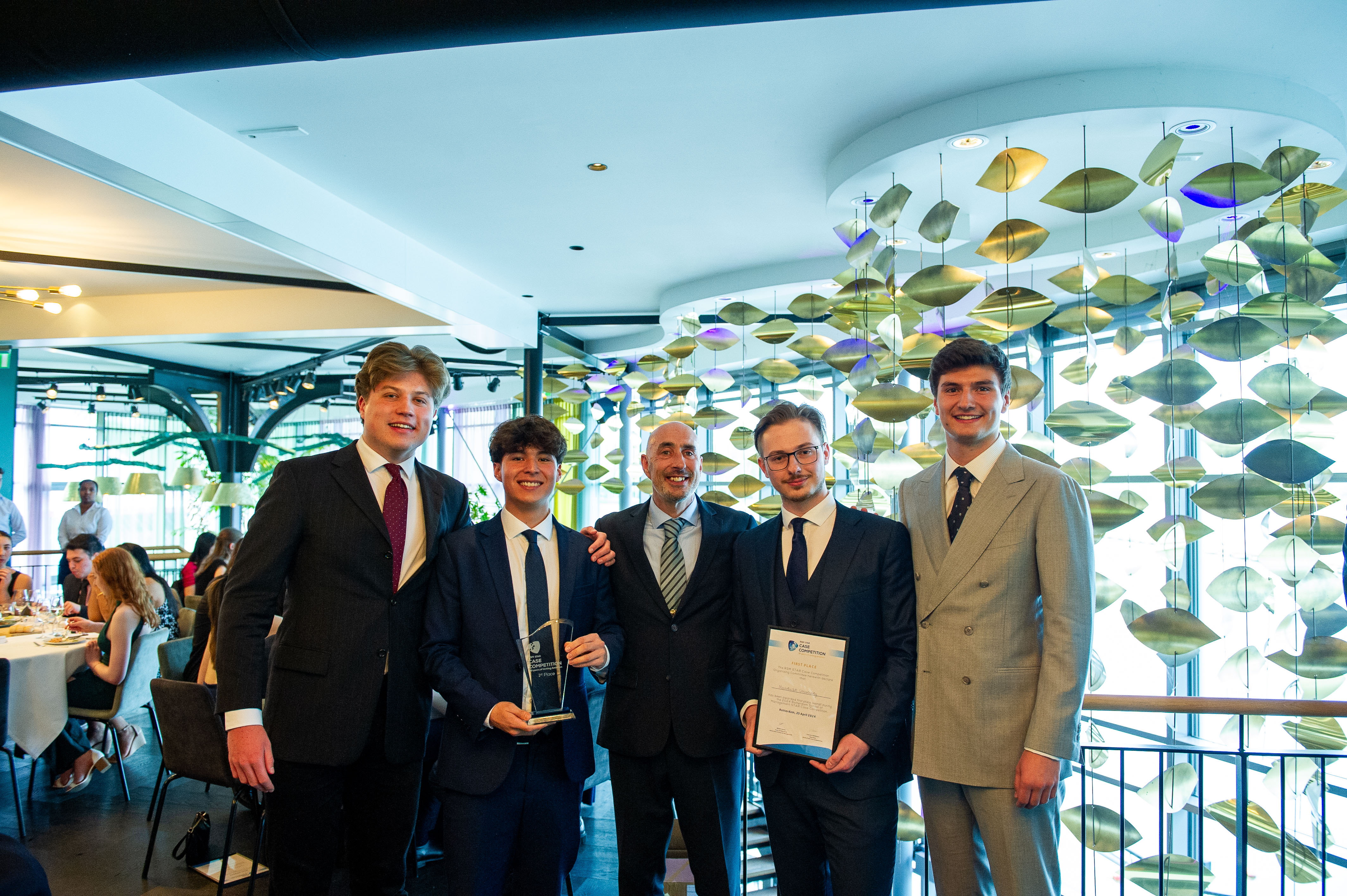How research on entrepreneurship can drive positive change
Over the past few weeks, we have heard inspiring stories from both current SBE students and alumni about their entrepreneurial journeys as well as some really helpful tips and tricks on how to start something ourselves. This time, we turn the spotlight to those dedicating their work to creating new knowledge and understanding in the field of entrepreneurship: our researchers.
As a research university, Maastricht University has some of the brightest minds diving deep into the topic of entrepreneurship from many different angles. In this article, we speak to just a couple of our researcher about their work and how it can impact society.
The role of policy in shaping refugee access to the labour market
What is your main area of research and how does this relate to entrepreneurship?
'Employing a social exclusion approach, my research looks at the role of refugee-related policy in shaping the access Syrian and Palestinian refugees to the Jordanian labour market. Many protracted refugees are affected by a lack of durable solutions as humanitarian aid often falls short in the long term. Yet, not including refugees into society risks long-term adverse effects in economic, social and political dimensions; as well as missing out on the potential of refugees to contribute to the host country’s economy. Refugees should be seen as actors enacting on their own agency as many find their way to the local labour market to ensure a certain level of wellbeing despite facing obstacles in utilising their human capital.'
Why do you think entrepreneurship is important?
'Entrepreneurship and employment are crucial in furthering the agency of protracted refugees in the labour market. A large group of refugees are displaced for a period of five years or more. This places them in a severely vulnerable position as they are often left in limbo.
With the current international discourse focused on self-reliance, a critical look is required to look at how this is shaped. Entrepreneurship is one of the pathways to which we can turn, provided this comes with the sufficient support system for the refugees (here you can think of social protection, debt management, marketing and mentoring support, etc.).'
How do you think entrepreneurship can positively impact society?
'By providing refugees with entrepreneurial opportunities, you further their own agency and enable them to derive at a decent level of well-being. Moreover, refugees are able to contribute to the economy and social fabric of the host community. This has the potential for positive spill-over effects. It has to potential to counter the perception of the refugee as a so-called passive recipient of aid from the perspective of the host community; it allows for interaction between the different groups; and also, it creates a market exchange that may benefit the refugee community and the host community alike.'
|
Tamara's recent publications: |
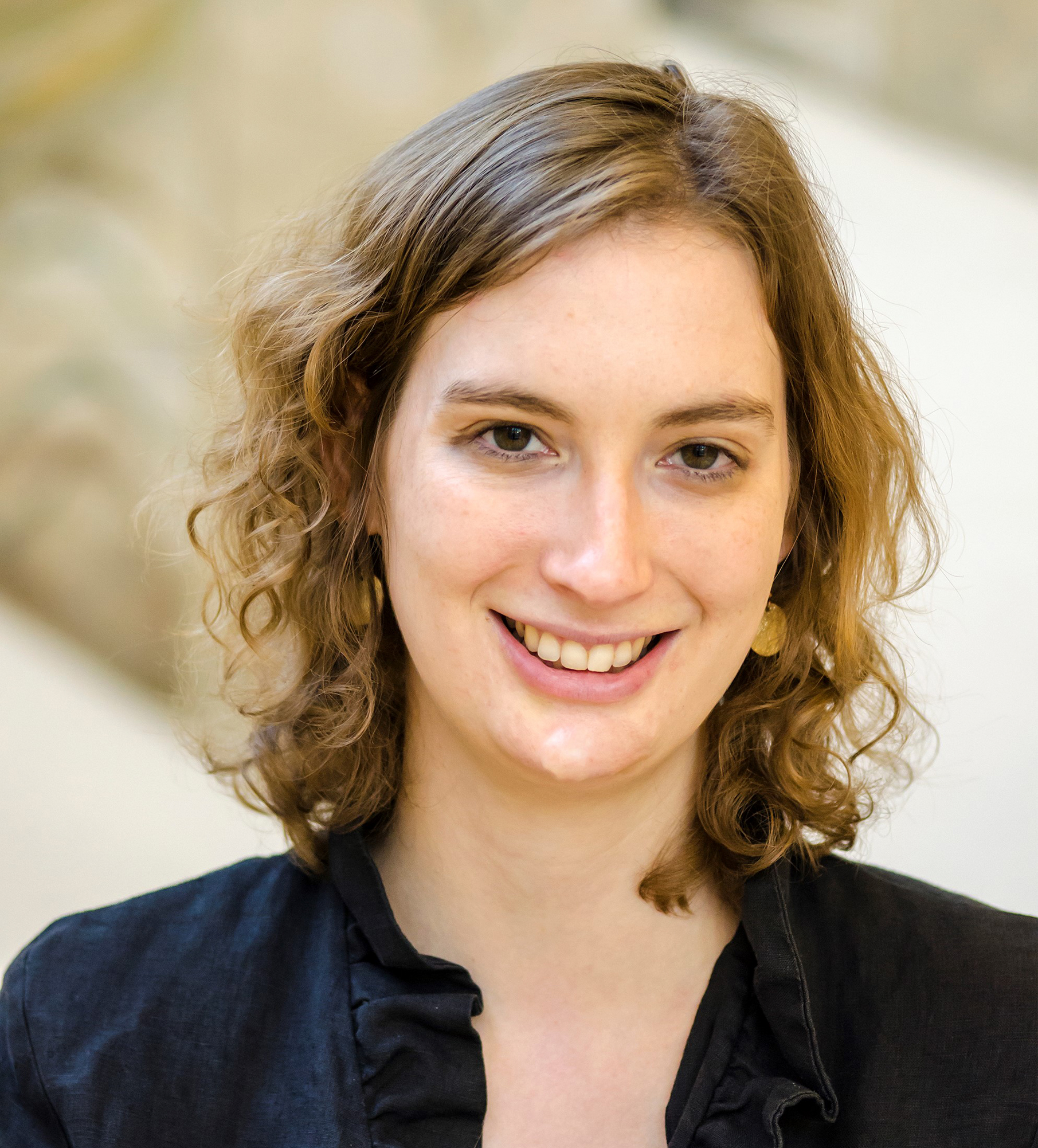
Tamara Kool, PhD Research Fellow at Maastricht Graduate School of Governance
Focus area: the impact of conflict on society and the role of social policy and civil society in fragile contexts, particularly within the Middle East
Circular economy transitions in urban spaces in developing countries
What is your main area of research and how does this relate to entrepreneurship?
'My main area of research is on Circular Economy transitions of urban spaces in developing countries. I am particularly looking into how one of the biggest and most harmful by-products of human activity, that of solid waste, could regain value and be reintroduced into the economy, yielding economic, social and environmental benefits.
Circularity in material use in diverse ways is becoming a bottom-up revolution, a natural response to the unprecedented threat of environmental pollution and health threats caused by mismanaged waste worldwide. Igniting innovation and entrepreneurship in this field could unlock and boost circular economy’s potential for job creation, economic development and environmental protection.'
Why do you think entrepreneurship is important?
'The greatest constant of modern times is change, as John Sterman (MIT Sloan) claimed. To be able to survive and evolve, requires flexibility, adaptation, a good grasp of the actual situation on the ground and fast reflexes to confront present and anticipated challenges. The current COVID-19 crisis is the most prominent example of how critical junctures appear, with unforeseen consequences.
Under such a context of uncertainty, entrepreneurship plays a catalysing role. Entrepreneurs are becoming the agents of change, by taking actions to prevent future threats or by responding to opportunities that arise, challenging the status quo.'
How do you think entrepreneurship can positively impact society?
'Social impact-driven entrepreneurship blends the business side of value creation with the achievement of social gains. This combination is becoming the motor of positive change in various pressing societal challenges.
As I experienced through my own research, the passion and determination of entrepreneurs to combat the unprecedented consequences of escalating waste generation is leading to the creation of sustainability initiatives, that either being small- or large-scale, they manage to profoundly foster transitions towards a circular economy.
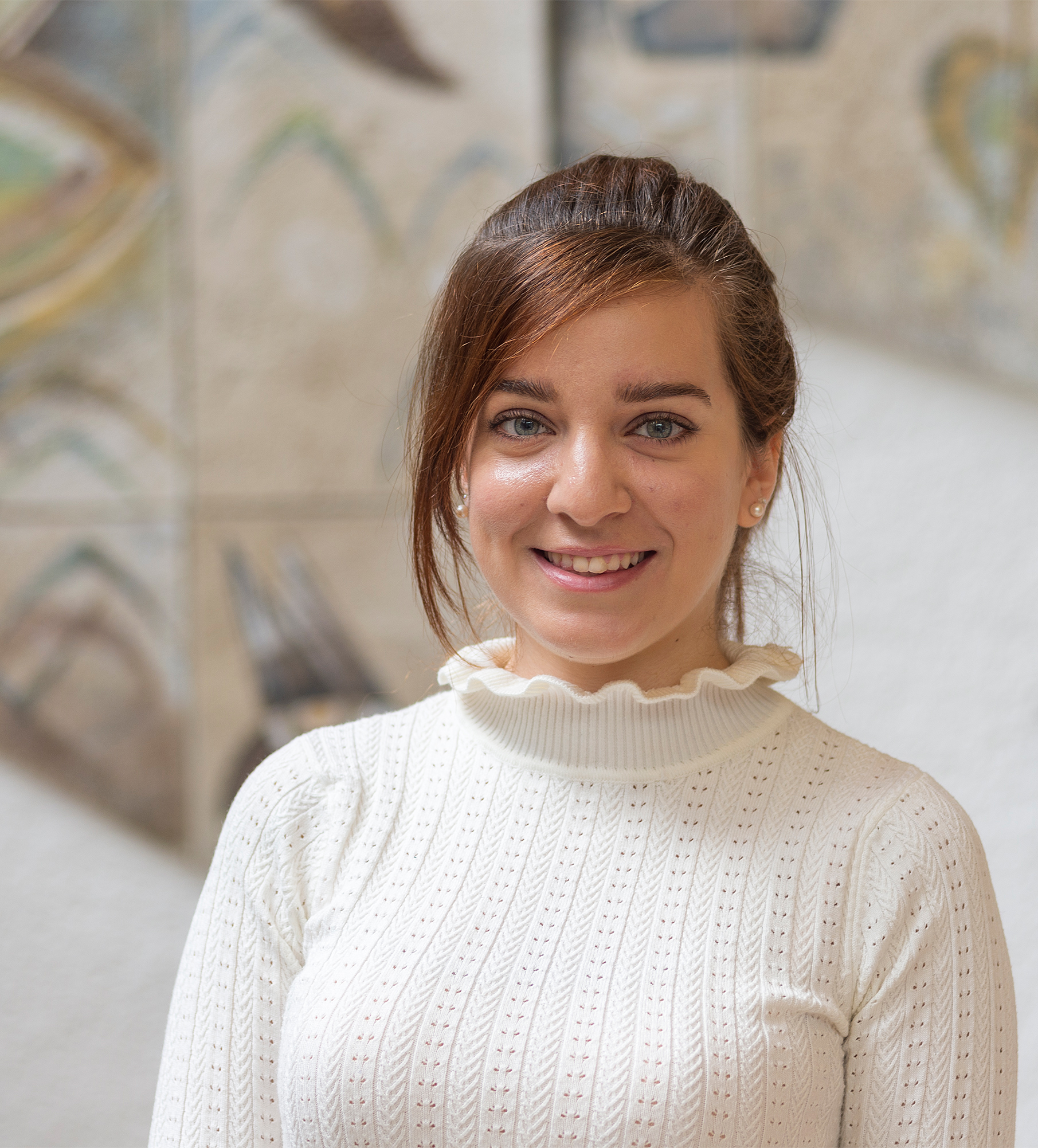
Maria Tomai, PhD Fellow at United Nations University (UNU-MERIT).
Focus area: Sustainability transitions in urban environments and the use of libertarian paternalism (nudge) strategies for behaviour change
|
Maria's recent publications and projects: |
This article was co-authored with SBE partner UNU-MERIT.
Also read
-
Maastricht Sustainability Institute (MSI) of Maastricht University School of Business and Economics (SBE) has successfully applied for funding in the ‘Driving Urban Transitions’ program of NWO/ JPI Urban Europe. Three new transdisciplinary projects with international partners have recently started...
-
SBE took first place in the Rotterdam School of Management Star Case Competition (RSMCC). The competition welcomed 16 top-level international business teams of four students, who were tasked with tackling two real-life business cases.
-
Higher air pollution increases the likelihood of people voting for opposition parties rather than ruling parties. This is the major finding of research by Nico Pestel, a scientist at the Research Centre for Education & Labour Market (ROA) at the Maastricht School of Business and Economics.
